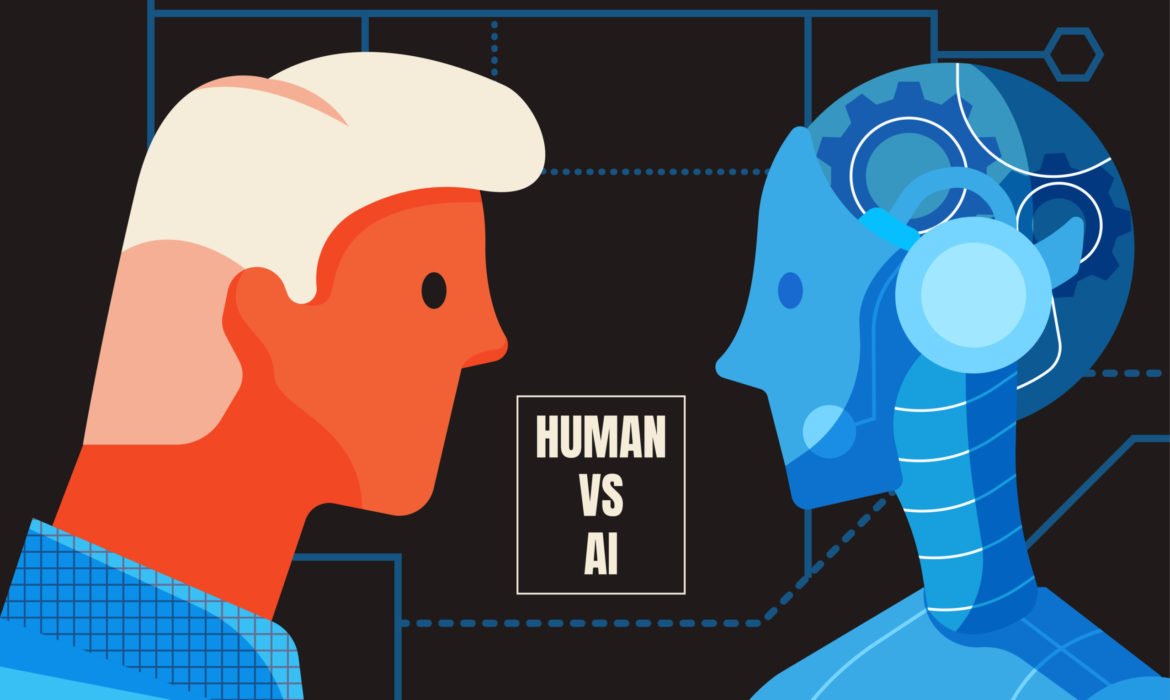Roni Rosenfeld is making predictions for a living. To forecast the spread of the seasonal flu, typically, he uses artificial intelligence. He switched to predicting the range of Covid-19 after the coronavirus outbreak claiming lives all over the world.
The CDC (Centers for Disease Control and Prevention) asked Rosenfeld for taking on this task. Roni Rosenfeld is a professor of computer science at Carnegie Mellon University. He is leading the machine learning department and the Delphi research group. They are aiming to make epidemiological forecast universally accepted. They want to do it as useful as weather forecasting is today. The group was repeatedly winning the CDC’s annual “Predict the Flu” challenge. In that challenge, research teams are competing to see whose methods are generating the most accurate forecasts.
First, when the CDC asked him to predict Covid-19’s spread, Rosenfeld balked. He thought that artificial methods were not fit to take that challenge. Nevertheless, now he takes his best stab at it. Moreover, even if you know nothing about artificial intelligence, you can help.
One of the forecasting methods is known as “wisdom of crowds”. Those crowds consist of regular people. That people need nothing more than a bit of common sense, few spare minutes a week, and an internet connection.
The CDC asked him to do coronavirus forecast about three or four weeks ago. He says that many people do the estimates and various ways to do it. Roni Rosenfeld’s approach is very driven by machine learning. It means that they try to learn more from the past than from what they think the transmission (or mechanism) is.
Roni Rosenfeld and “Wisdom of Crowds”
People are trying to build models that are based on an understanding of how the epidemic spread, with mechanistic approaches. Nonetheless, their approach is non-mechanistic. It does make very few assumptions about how epidemics spread. Nevertheless, it focuses more on past examples.

That method was working quite well with the seasonal flu. Group has 20 years’ worth of data from many locations. The problem with the coronavirus pandemic is that there is not any historical data to start with. Thus, the machine-learning approaches are worst here. They try to learn something from almost nothing. That is the reason why Roni Rosenfeld was reluctant to do that.
Nevertheless, they have another methodology for forecasting, in addition to machine learning. It is called the “wisdom of crowds.” They gather at least several dozen people. Then they ask them individually to make a subjective assessment of what the rest of the flu season will look like. They learned from that experience that any one of them on their own is not very much accurate. Nevertheless, their aggregate tends to be entirely accurate.
Rosenfeld’s feeling was that the wisdom of crowds’ method might be much better than the machine learning method. They are tapping into different resources. Machine learning is tapping into past examples, and there are not many for the coronavirus case. On the contrary, the wisdom of crowds taps into common sense and collective reasoning of many people.
- Check-out MyForexNews comprehensive Review on FxPro
















